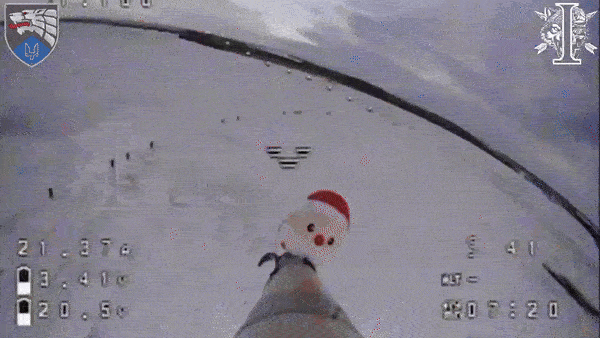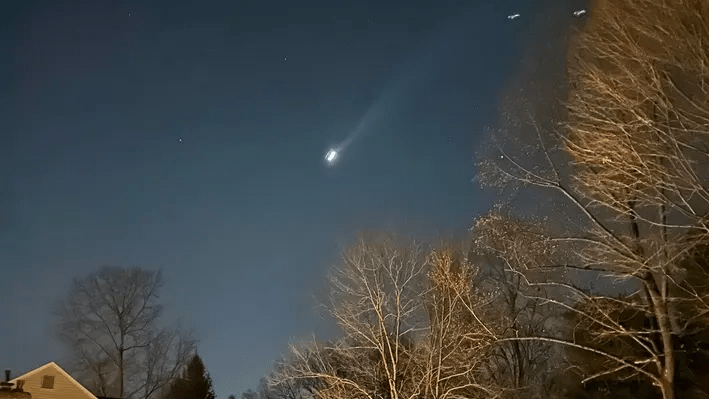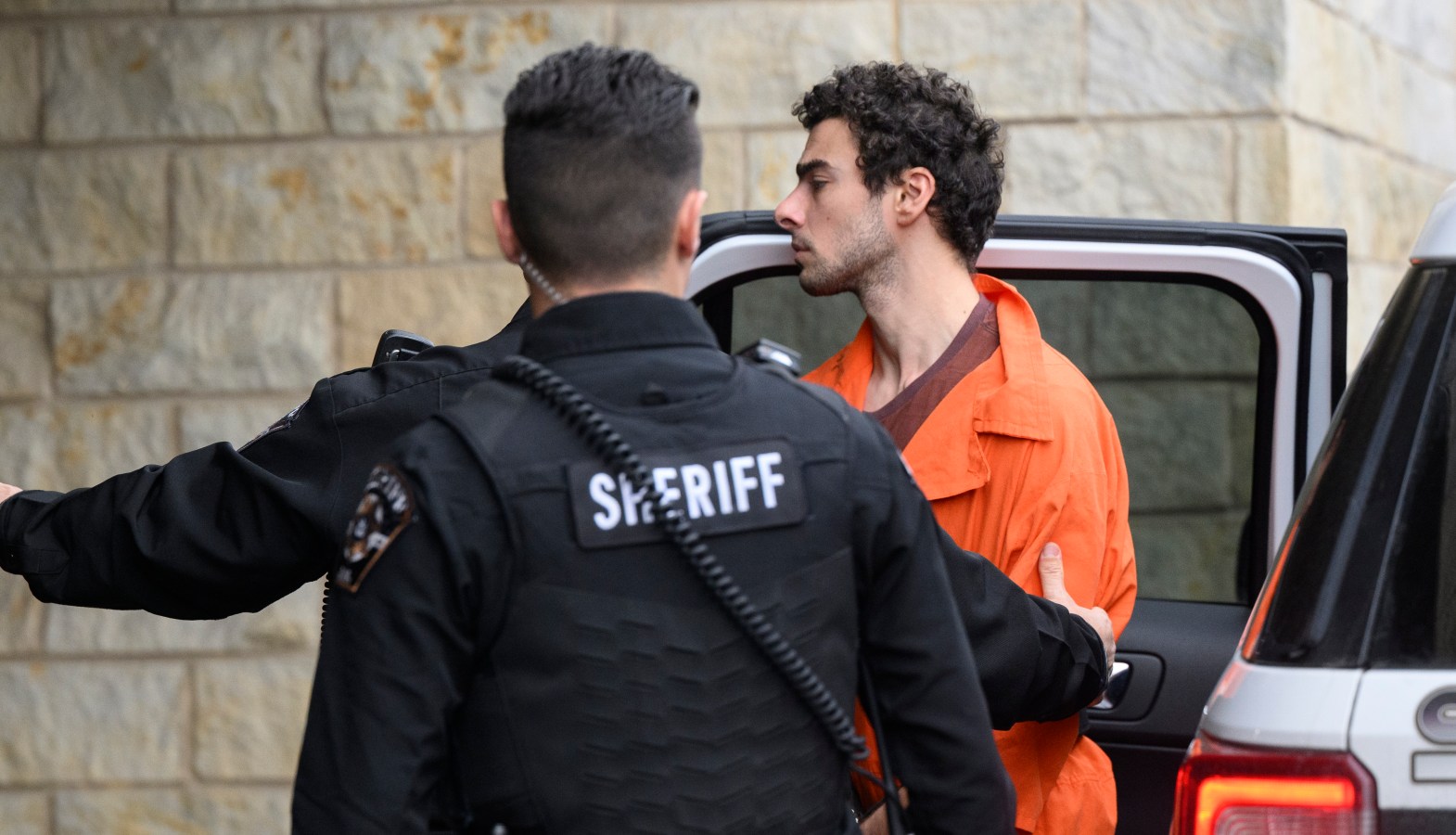The North Koreans’ ‘failures and their corpses are already in the public domain,’ a Ukrainian official said.

According to the latest official estimate from Andriy Kovalenko, head of the Center for Countering Disinformation in Kyiv, the North Korean 11th Army Corps lost around 200 troops killed and wounded in a series of assaults targeting Ukrainian positions in western Russia’s Kursk Oblast last weekend.
At least a few of those casualties were inflicted by explosive first-person-view drones wearing Christmas ornaments. A reindeer. A Santa. An elf. A bird.
Videos of the festive drone strikes, conducted by the Ukrainian 8th Special Purpose Regiment deployed to the southwestern edge of the 250-square-mile salient the Ukrainians carved out of Kursk back in August, appeared online on Tuesday.
The Ukrainian drone operators’ dark humor belies the deadly seriousness of their task. North Korean manpower significantly stiffened Russian assaults in Kursk, allowing the combined Russian-North Korean force to recapture the village of Plekhove, on the eastern edge of the salient, after three costly infantry attacks last weekend.
Altogether, the Russians and North Koreans have around 60,000 troops in and around Kursk. The Ukrainians have just 20,000. But attacking across open ground is always more dangerous than defending from dug-in positions, so the manpower imbalance only confers a slight advantage to the Russians and North Koreans.
And that advantage could erode quickly if Russian and North Korean commanders don’t adapt to Ukrainian methods. The initial assaults over the weekend involved dismounted infantry walking in neat lines across snowy fields without much apparent support from artillery or aircraft. The darkly camouflaged North Koreans stood out against the white snow, making them easy targets for Ukrainian FPV drones and cluster shells.
It’s cold comfort to the North Korean survivors that they at least didn’t march into battle under the false impression that standing still can hide you from a nearby drone operator’s unblinking gaze—like savannah prey blending into the surrounding grass to escape a lion. The North Koreans have been observed diving out of the way of attacking drones—not always successfully.
While some Russian trainees practice dodging incoming FPVs, sometimes with the help of a bizarre “drone on a rope” training aid, others clearly have been instructed to freeze in place when they see or hear a drone approaching.
There is ample evidence of Russian soldiers trying this tactic—and an equal amount of evidence it doesn’t work. Drones’ cameras are that good. And their operators are that skilled.
Dodging may have saved a few North Koreans last weekend, but the 11th Army Corps’ overall casualties were still startling high.
It’s apparent Russian commanders are eager to obscure the scale of the losses. “Despite Russian attempts to hide North Korean failures through quick evacuation, videos of strikes on North Korean soldiers, their failures and their corpses are already in the public domain,” Kovalenko stated.
This story was originally published on forbes.com.


